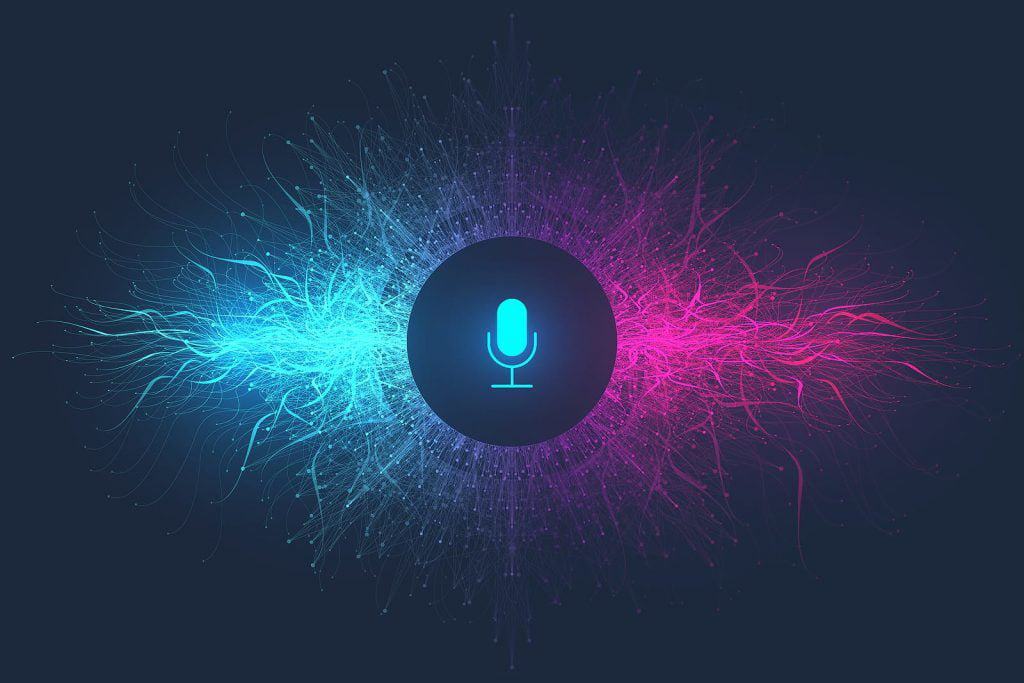Video games continue to become more sophisticated, realistic, and, above all, addictive. There is a robust industry behind it to engage the young and not-so-young in this hobby that steals time and energy and puts many in an extreme situation. Are video games used for more than entertainment?
For many families, Video games are intruders that, beyond distracting children and especially adolescents, prevent them from doing their homework, interacting with the family, or simply moving physically. Despite this, most parents, as I did myself, buy the Playstation, the Xbox, or the Nintendo because we also like to play and don’t want to isolate the children from the good part of video games.
Because there is no doubt, according to many studies, that video games reinforce the cognitive capacity of children, who can abstract realities and concepts, project themselves in three dimensions and solve problems of logic and comprehension. In addition, video games are ideal for combating anxiety, especially in hyperactive children. Without forgetting that children also socialize with video games because they play with colleagues who, although virtual, end up meeting face to face. And if in my childhood we exchanged cards and talked about TV series or football, today’s boys and girls exchange video games and talk about the worlds they discover there.
YouTube has revealed that the total number of video game views exceeded the 2 billion mark in 2022. In December last year, more than 500 million active viewers registered per day consumed this type of content, corresponding to more than 120,000 million hours of viewing.
That said, it must be emphasized that video games are designed to be clearly addictive. According to research, this entertainment causes the individual to release dopamine, a neurotransmitter that makes us feel good. By playing and feeling comfortable, we remember it, making us want to play again when we are down. Video games also cause the release of adrenaline and cortisol, the so-called stress hormone. Adrenaline and cortisol permeate our body as a chemical response to extreme situations of danger and threat. For example, we put ourselves on the trigger when playing “Call of Duty”.
Let’s move on to the positive line again. We now know that the Z generation, raised from early childhood with video games, suddenly has a comparative advantage in the job market, thanks to the skills they acquired with the console. This is confirmed by Censuswide after a study carried out in Spain with YouTube, according to which 57% of Human Resources managers prefer to hire Gamers, because they have the skills they seek for their employees, for example, thinking strategic and tactical skills, problem-solving, staying calm under pressure, and communicating effectively. Even though only 40% of young people put on their CVs that they are video gamers, the truth is that clearly confessing it is even an advantage to access the first job, especially if it is digital.
But then, what am I trying to say? Are video games good or bad?
Well, like all things practiced in excess and without self-criticism, they end up being harmful. The negative effects of video games have to do with the lifestyle of the person: if you don’t do workouts, if you are lazy, don’t have hygiene, if you prefer to shut yourself up and not interact, if your family environment is terrible… well all this can be reinforced with a console….a console that, we would say, lives up to its name, because it comforts, relieves and distracts… but hey it’s not the console’s fault…
Conclusion
playing has always been good, even virtually. Video games do not burn the brain. Instead, they expand it if we use them to have fun and have a good time.


